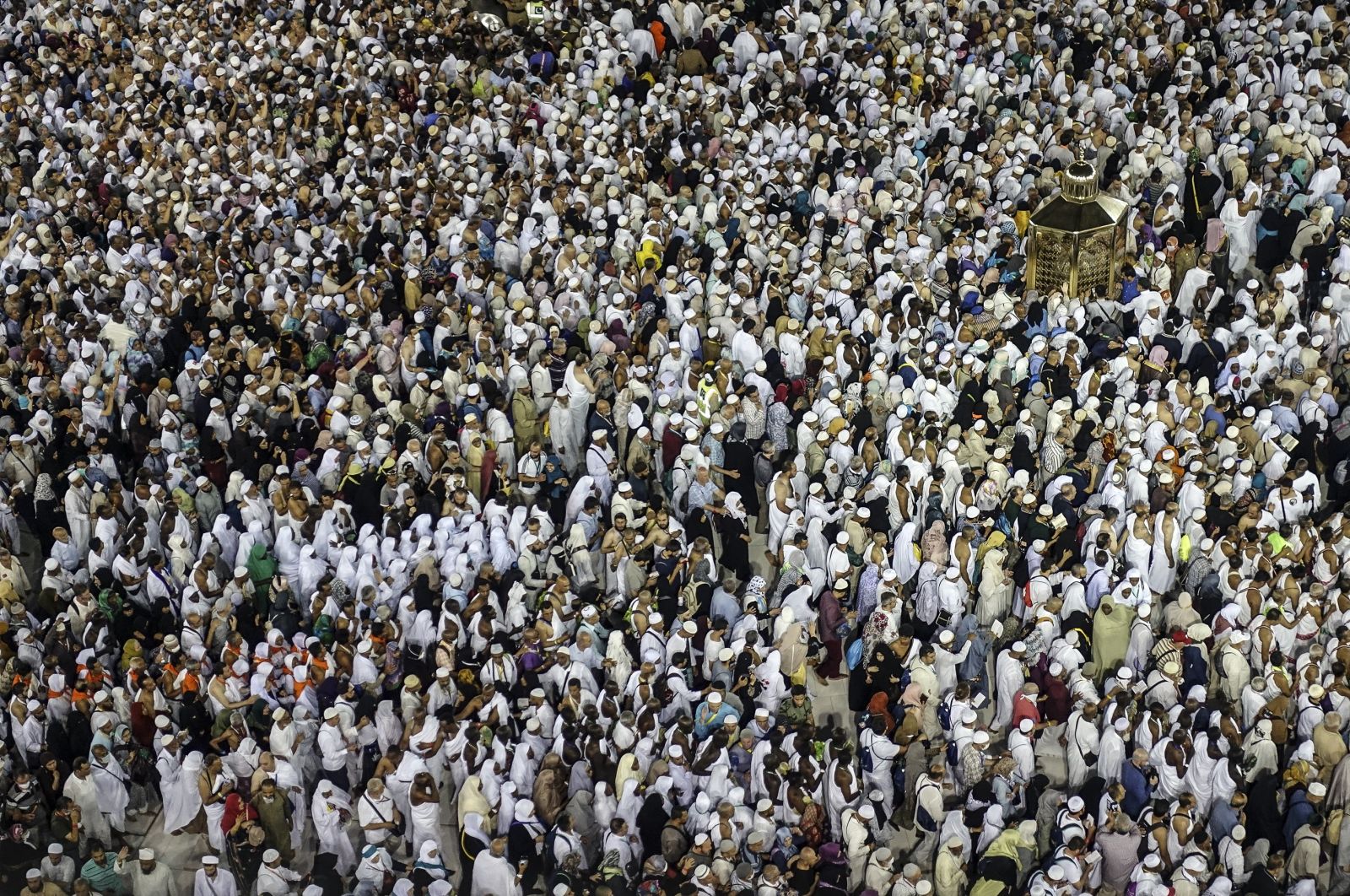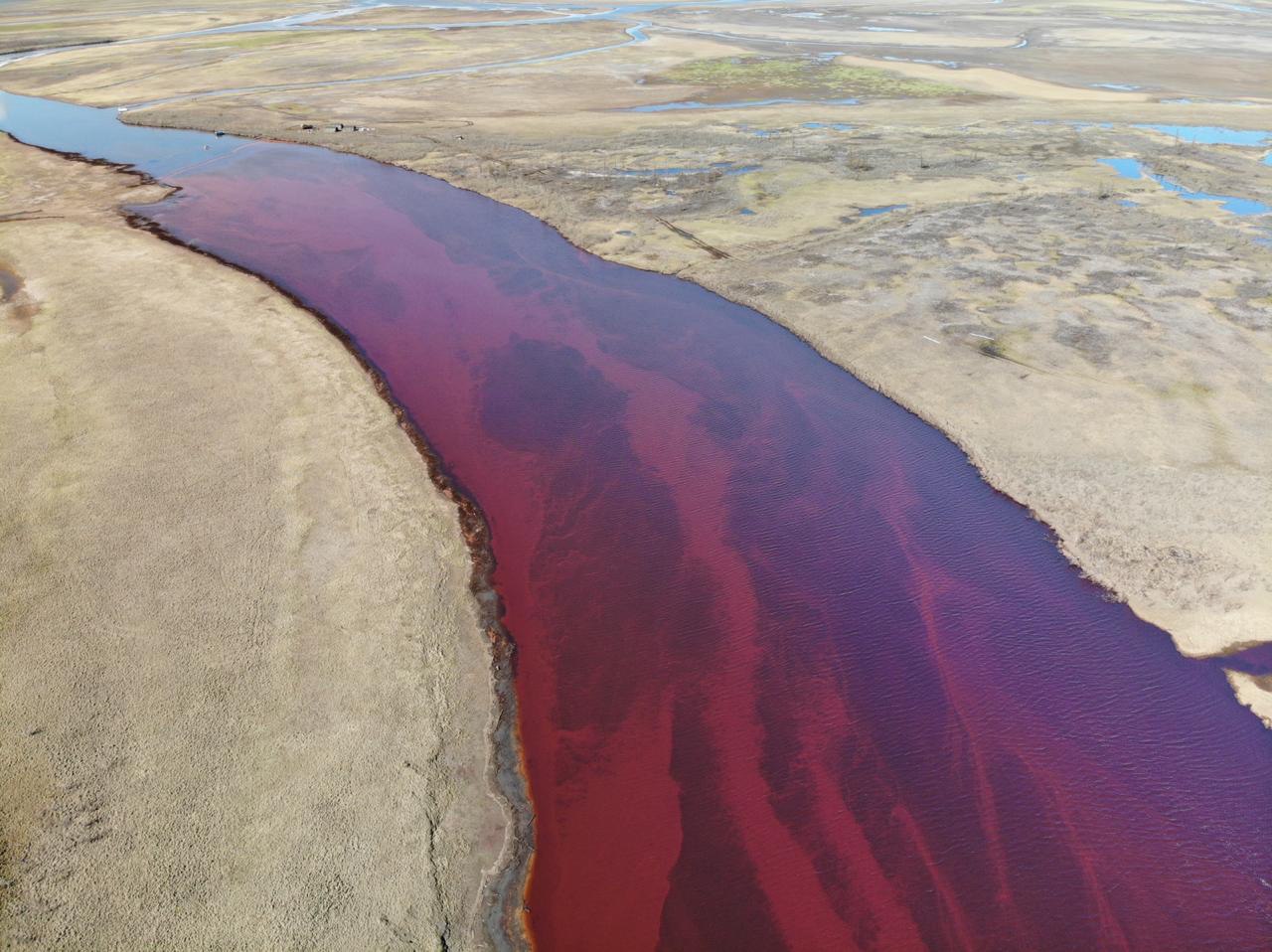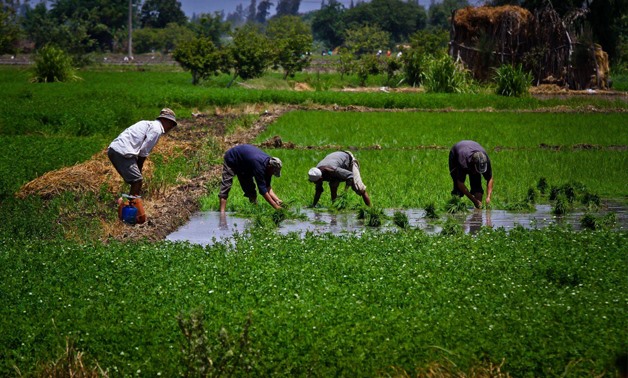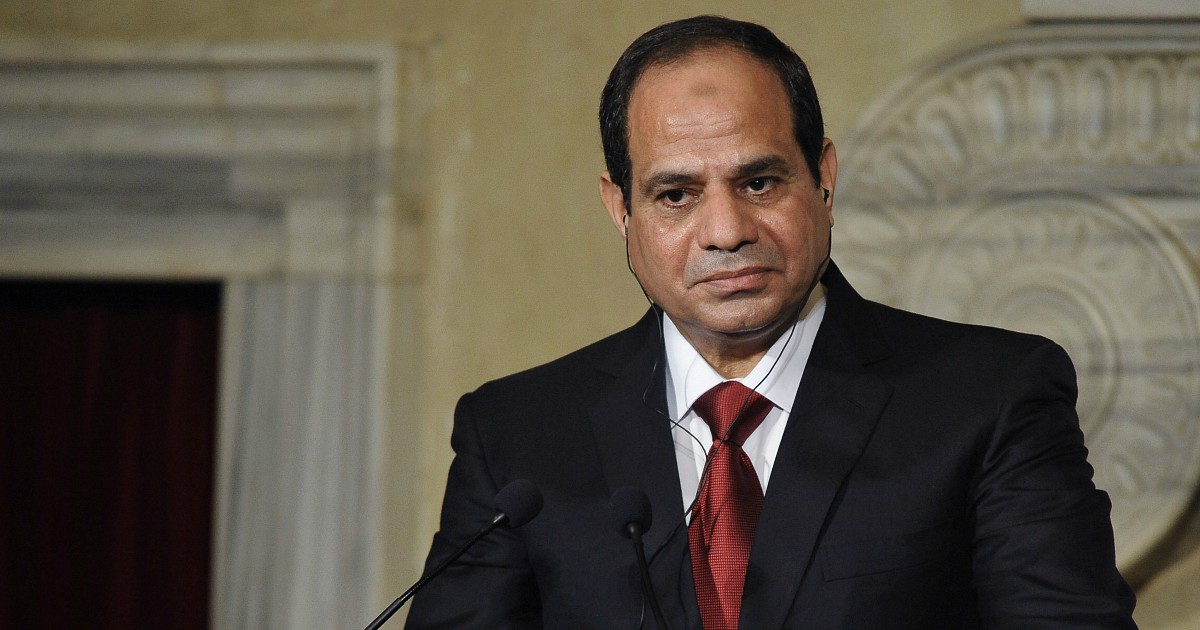The six nations that comprise the Gulf Cooperation Council (GCC) are facing heavy impacts from the coronavirus pandemic and a drop in oil prices amid a sudden demand slump. Bahrain, Kuwait, Oman, Qatar, Saudi Arabia, and the United Arab Emirates are in for a difficult period according to the International Institute for Finance (IIF), a global association of financial institutions.
The Institute had already announced that emerging markets are facing an “unparalleled sudden stop,” with capital leaving the economies of developing nations at never-before-seen rates. Capital is flowing from emerging markets to developed ones at over five times the rate at the worst point of the 2008 global financial crisis.
Triple threat
For the six GCC countries, local economies are suffering from a trifecta of bad news. Capital flows are moving to developed nations and oil revenues have cratered while tourism, hospitality, retail, and travel sectors are all facing unprecedented difficulties due to stringent COVID-19 measures.
Despite the overall relatively successful containment of the coronavirus, GCC countries are set to see a contraction in real gross domestic product (GDP) of 4.4% according to IIF predictions. The World Bank in 2019 had predicted GDP growth between 1% and 4% for most GCC countries, an improvement over the previous year. Oman was considered one of the Council’s members most likely to grow, with an increase estimated at 3.7% due to increased natural gas production.
Oil revenue and state budgets
But the coronavirus and an international “war” over oil prices means the region is now in for a contraction in GDP. The IIF is cheering on unpopular austerity measures as a means to stop deficits from growing as cuts in public spending “could more than offset losses stemming from reduced oil exports.” Even with unpopular and painful spending cuts, the Gulf Council’s aggregate deficits are expected to increase to 10.3% of GDP.
Oman, which the World Bank touted as the GCC country most likely to grow significantly in 2020, is now considered “an increasingly vulnerable spot in the region in light of its mounting debt.” The country could face an economic contraction of 5.3% while its deficit is likely to widen to 16.1%, according to the IIF.
Opportunity to reform?
The crisis also poses an opportunity to build up resilience according to Alain Bejjani, CEO of Emirati retail operator Majid al Futtaim. “In the coming two to three years, we’re going to see, certainly, a very, very large impact that’s going to be asymmetric, depending on the readiness of countries,” Bejjani told CNBC on May 5.
“I think this is a golden opportunity to really change, to reform and to transform our economies into more resilient economies that have (the) ability to bounce back faster,” Bejjani stated. The current crisis could easily accelate reforms and diversification that have resulted in broader opportunities and even improved conditions for women in GCC countries.





